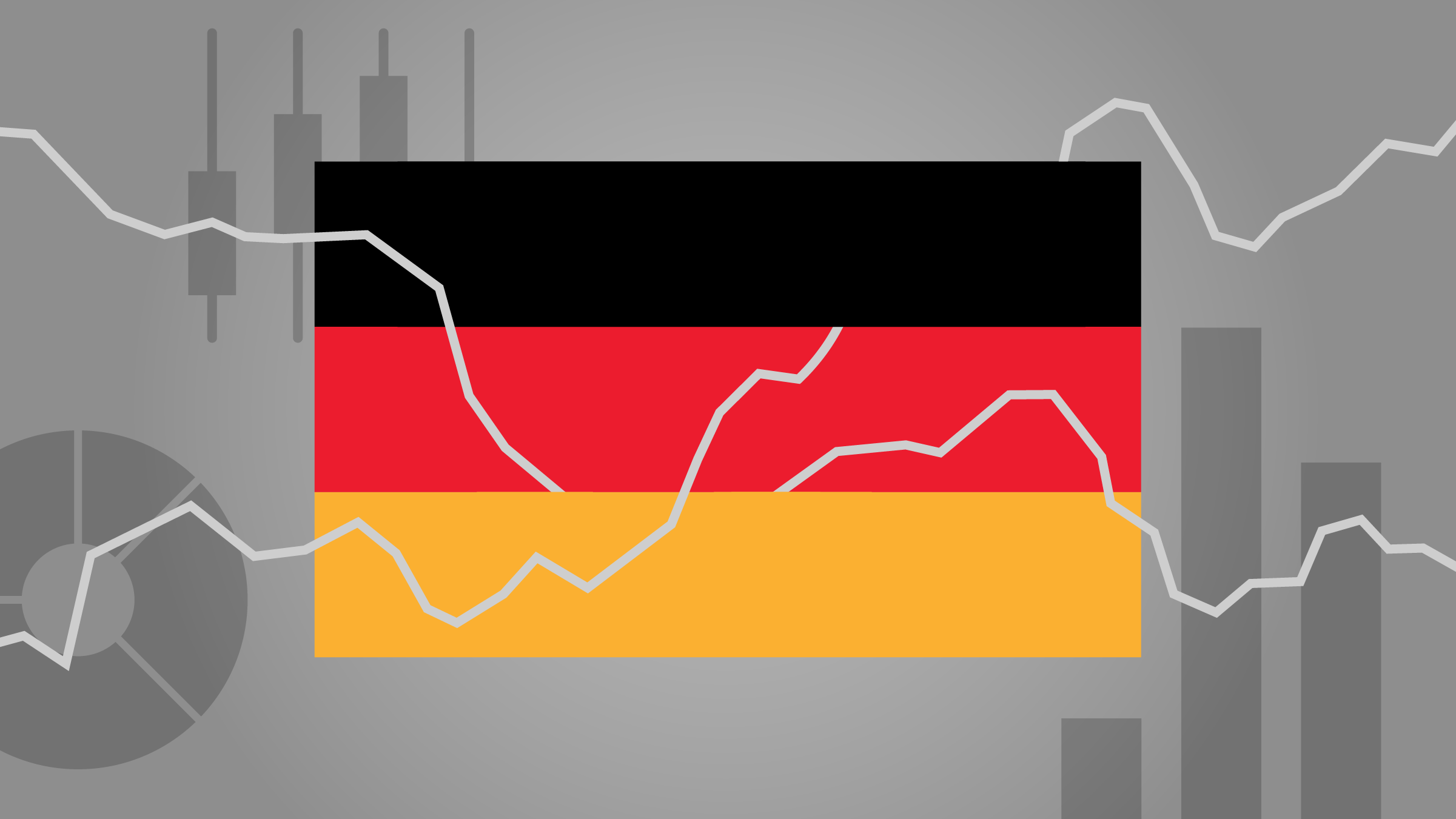Retail Hell for SuperGroup
Some stock market sayings are more accurate than others. In this case, the one about a profit warning always being followed by a second has been confirmed by SuperGroup (SGP), the owner of the Superdry fashion chain.
February’s alert that pre-tax profits for the year to 29 April would be at the lower end of the forecast of GBP 50-54 million has been followed by news that GBP 43 million will be nearer the mark.
SuperGroup blames a GBP 2.5 million accounting error and it is also moving GBP 2 million worth of sales into the 2012-2013 financial year because of confusion in the way stock is accounted for at the end of the financial year. This clearly does not inspire confidence that management has a grip on the business.
Chief executive Julian Dunkerton says rival retailers have been selling clothes at the deepest discounts he has ever seen, yet he believes that profit margins will rise this year, partly because cotton prices are likely to fall. Surely that will allow rivals to cut prices even further.
The already heavily battered shares have slumped again. It shows how reluctant investors are to face reality and get out while there is still time. Many stock market commentators, myself included, reckon bad news comes in threes, not twos. Don’t go anywhere near the shares.
We Are Not The Champions
Marks & Spencer Group (MKS) has been castigated for scoring an own goal by not stocking enough woolly jumpers in February, when a sudden cold snap sent shoppers scurrying for extra layers.
M&S seems to score quite a few own goals, not least by panicking in the run up to Christmas and reducing prices prematurely. However, it is in a no-win situation, as is much of the High Street.
If you buy in too much stock, you are lumbered with stuff that has to be nearly given away at the end of the season; buy too little and the stores are emptied. Even with reduced lead up times from ordering clothes to getting them in the shops, clothing retailers are left with awkward guesses.
Had M&S heeded the Daily Express, which was running Arctic Weather on the Way headlines since Christmas, the retailer would have grossly over-ordered warm clothing and would have been left equally embarrassed.
The fact is that life on the High Street is increasingly uncomfortable and the best that many retailers can hope for is to get it right some of the time. That is why I have avoided buying shares in retailers other than supermarkets. Just to add weight to the argument, M&S reports that food sales are comfortably up.
At least M&S has that side of the business to compensate for its other shortcomings. Otherwise it stands as a warning that even in the High Street’s premier league, most matches are won through opponents scoring own goals.
Tesco Pays the Price
One reason why life is tough on the High Street is the need to spend large amounts of money just to stand still. Having seen UK profits fall for the first time in a quarter of a century, Tesco (TSCO) is committing GBP 1 billion to woo back lost customers.
Yet Tesco is at the same time scaling back on additional floor space and deliberately reducing its profit margins, thus making it harder to recoup the commitment.
I can’t honestly say that Tesco is a bad investment. It is still the top dog in the UK and has compensated for the slowdown at home by expanding abroad. Pre-tax profits for the year to the end of February were the best yet and the dividend is covered more than two and a half times by earnings, leaving scope for a dividend increase in the current year even if, as analysts now forecast, profits edge down a little.
I do worry, though, that Tesco is showing no concrete signs of adjusting to life under new management. I am sticking with Sainsbury (SBRY).
Read Morningstar’s latest research on Tesco (Available only for Premium Subscribers)
The Price is Wrong ... Again
Retailers are hit as hard as anyone by inflation, especially when it involves rising petrol and diesel prices. And although food and clothing are blamed for the bitterly disappointing inflation figures for March, it is the effect of high fuel prices that is most worrying.
Having scorned the Bank of England for its obviously undue optimism over the inflation rate for these past four years, I had succumbed to the temptation to hope for the best and to agree that the consumer price index and the retail price index would fall this year, though nothing like as sharply as the Bank persisted in believing.
CPI edged up last month rather than holding steady as forecast. It is true that RPI eased back, also by 0.1%, but it is still higher than CPI and it is mighty reluctant to do the decent thing.
I still think that inflation will fall over the rest of this year, but it will be a very slow process and we may not get below the 3% ceiling for the CPI until autumn at the earliest.
Monday 16 April - Friday 20 April
FTSE 100: +2.13%
FTSE 250: +1.18%
FTSE All Share: +1.96%
FTSE Smallcap: +0.22%
FTSE Fledgling: +0.24%
FTSE AIM 100: +0.07%
5 Most Popular Articles
Welcome, Hemscott Users!
The 20 Most Consistent Stocks on the FTSE
Latest Stock and Fund Research From Morningstar
Cash is King as Eurozone Continues Causing Concern
Read more here.
























